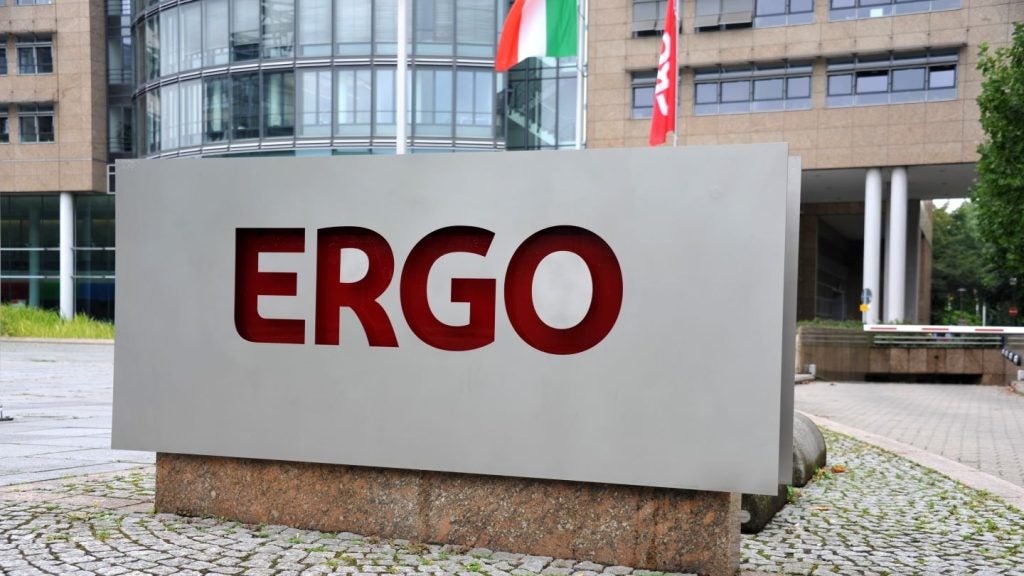
RedArc has stated it is vital that insurers’ and employers’ support goes beyond the all clear when it comes to cancer survivors.
Cancer is one of the conditions for which added-value support via health and protection insurances is most sought.
RedArc has seen those who have been newly diagnosed or undergoing treatment receive support. However, this is not always extended to survivors, a lot of whom are expected to be “back to normal”.
Therefore, the nurse-led service believes it is important for insurers and employers to recognise that cancer survivors may need support long after the clinical side of the disease has gone.
RedArc: common issues with cancer survivors
RedArc noticed the following issues reported by individuals it has supported after being considered cancer-free:
- Relationship problems with partner;
- Indifference from friends who had previously been supportive;
- No easing-in at work and thrown at the deep end;
- Feelings of isolation as support from the medical team is dramatically curtailed;
- Listlessness and a lack of drive or initiative;
- Monetary concerns;
- Continually asked about the disease or referred to when talking about cancer, making it hard to move on;
- Living with the uncertainty about cancer returning;
- Inability to plan ahead;
- Lac of confidence due to appearance changes, and
- Living with long-term side effects of the disease and of the treatment.
Christine Husbands, commercial director for RedArc, said: “It’s a commonly held view that people who have received the all-clear should be able to put cancer behind them and have a new lease of life. It’s true to say that even people being treated for cancer hope this to the case, but the reality is often somewhat different. Even when the body is beginning to heal, the mind can still be fragile and the emotional recovery can take longer than the physical one.

US Tariffs are shifting - will you react or anticipate?
Don’t let policy changes catch you off guard. Stay proactive with real-time data and expert analysis.
By GlobalData“Cancer can change an individual’s life irrevocably and therefore it is vital that insurers and employers recognise this and provide for the bumps in the road that can occur in the long-term post-cancer.”







